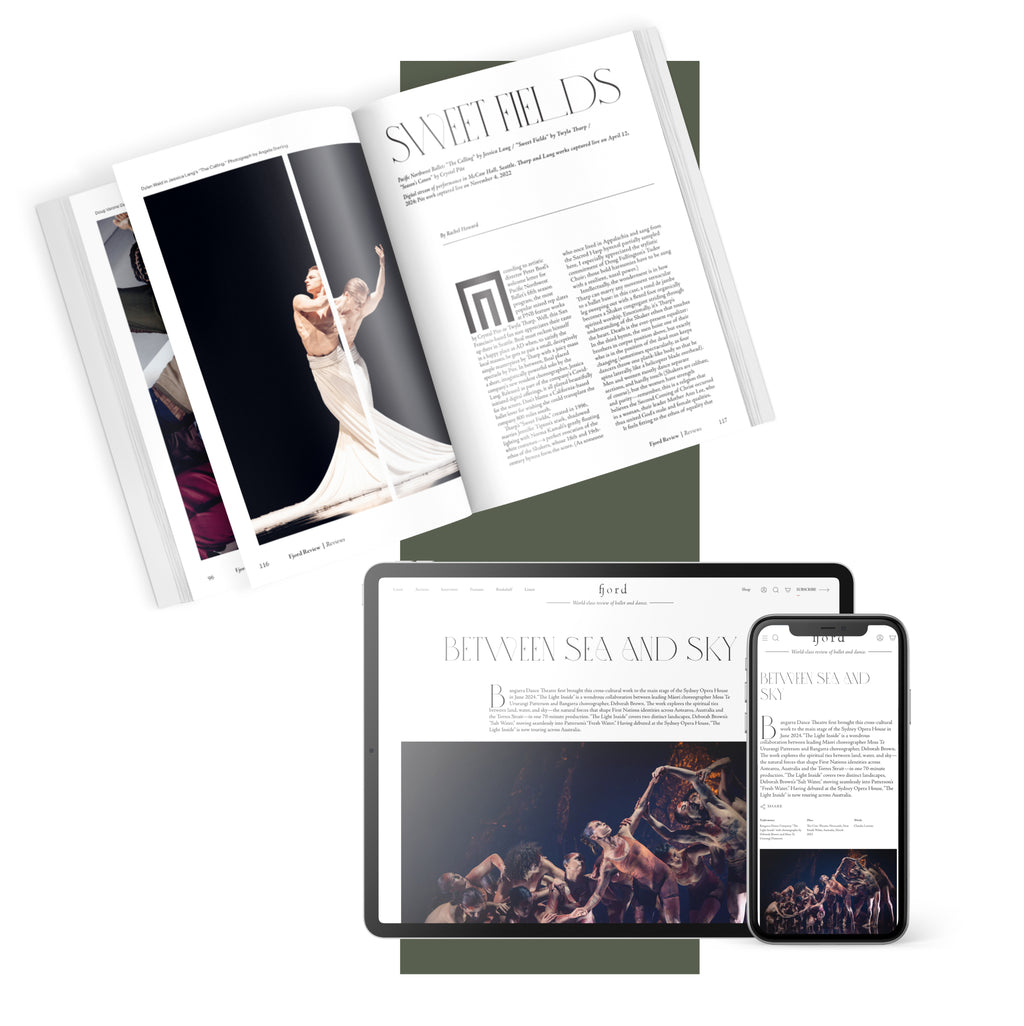I had a laundry list of concerns going into my viewing. Would “Étoile” fall victim to the “glass in the pointe shoes” tropes of so many ballet dramas past? Would it focus too heavily on the unhealthy aspects of the art form, as opposed to the ways it is life-affirming for artists and devoted audiences? Or would it go the way of Olympic breaking, distilling down a complex and culturally rich form into something people would feel comfortable openly mocking?
Despite the many ways ballet has been co-opted and misrepresented in the past, I had faith in Sherman-Palladino, a former dancer who seemed (according to the plethora of advance press) to really care about getting this right. She employed trained ballet dancers—including many big-name stars—to fill out the ranks of the series’ imagined companies, pulled choreography from the ballet canon to feature on the show, and even employed Christopher Wheeldon to choreograph a short new work.
The storyline also showed promise. The main conflict, two ballet companies struggling to make ends meet, is a real one, but not one that’s been overdone. “Étoile” follows two imagined companies, Metropolitan Ballet Theatre in New York City and Le Ballet National in Paris, as they swap top talent in an attempt to draw in new audiences in both cities. Drama, heartbreak, humor, and great dancing ensue.











comments